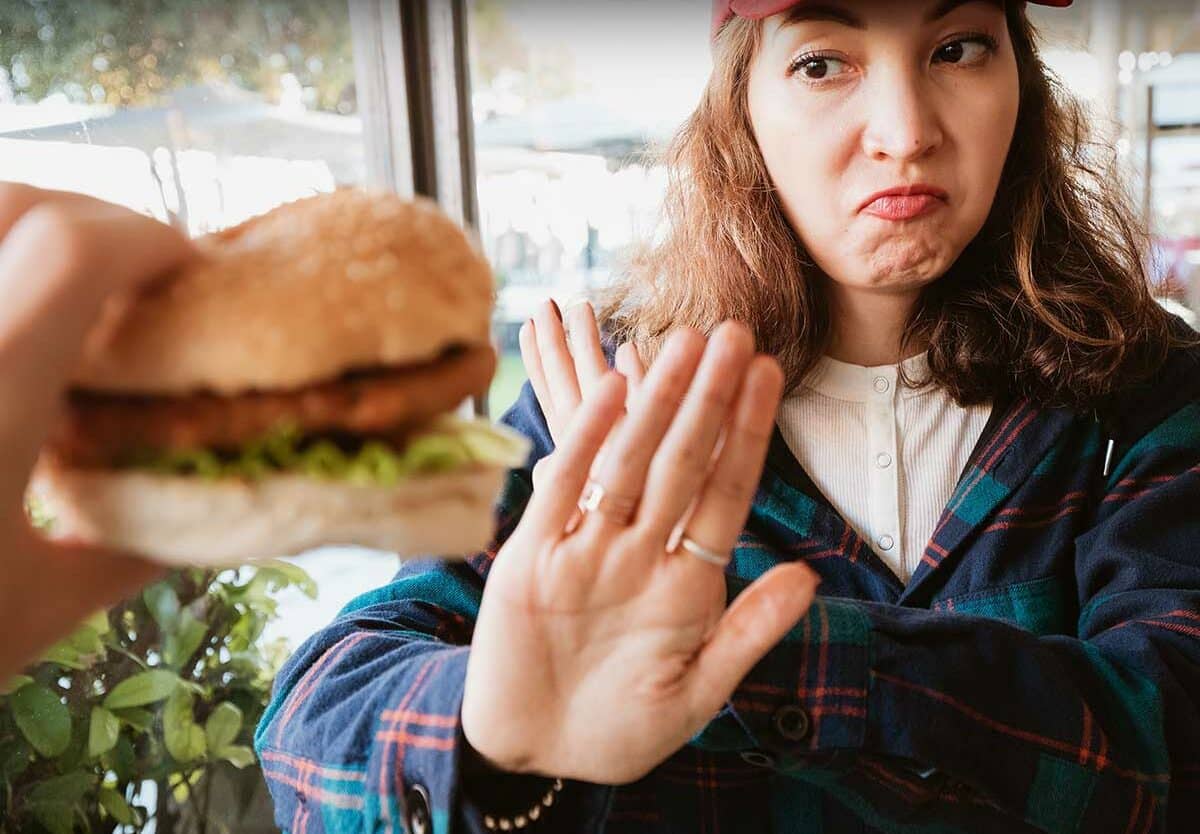National Veal Ban Action Day is on May 10 this year, as it falls on the second Sunday in May annually. Whether you are an animal lover or indulge in meaty dishes, this particular day will have an impact on you. Either because you believe the breeding of calves to kill them when they reach 18 weeks in age for veal is inhumane, or because you are someone who loves to eat decadent restaurant dishes and did not know enough about veal. Get ready to feel differently by the time you finish reading this article.
History of National Veal Ban Action Day
If you love dining out, and you make a point of going to exclusive dining spots that serve food of a certain standard and price, then the chances are you have seen veal on a menu before. Most people know what it is, some prefer not to think about it, and others skim the menu and avoid looking at it. Older cattle produce beef, whereas veal is meat from the calves. It can be produced from either a male or female calf of any breed, but the majority of veal is made from young male dairy calves that are not used for breeding.
Veal is frequently served in Italian, French, and other Mediterranean cuisines, such as the Italian cotoletta or the famous Austrian dish wiener schnitzel, and has been considered a delicacy for many years. Calves’ bones, in addition to providing meat, are used to make stock, which is the foundation for sauces and soups such as demi-glace. Their stomachs are also used to produce rennet, which is used in cheese production, and their offal is widely considered the most valuable animal offal.
For years, veal has been considered inhumane by many conscious eaters and animal lovers. Along with foie gras and shark fins, it is regarded as particularly cruel by animal rights activists. In 1981, Dr. Alex Hershaft, after attending the World Vegetarian Congress, became involved in the vegetarian movement and organized Action For Life, a national conference in Allentown, Pennsylvania, which ended up launching the U.S. animal rights movement we know today. Hershaft co-founded the Farm Animal Rights Movement (FARM) to promote animal rights and a vegan lifestyle and the Veal Ban Campaign, created in late 1982, was one of FARM’s early programs, later becoming National Veal Ban Action Day.
National Veal Ban Action Day timeline
Early versions of veal farming spread to the United States from Europe.
Dr. Alex Hershaft co-founds the Farm Animal Rights Movement (FARM) after a vegan conference.
The Veal Ban Campaign, created by FARM, runs until 1986 before inspiring this holiday.
World Day for Farmed Animals is established to bring awareness to animal farming abuses.
Melissa Marsh, from Massachusetts, purchases unwanted dairy males, meant for veal.
National Veal Ban Action Day FAQs
Why is veal cruel?
Abuse of baby cattle is synonymous with veal production. Newborn calves are separated from their mothers and their natural food source (cow’s milk) and they only live for a fraction of their expected lifespans. These calves are also subjected to a harsh environment to produce tender meat for veal.
Why is veal expensive?
Some veal calves are only a few months old. Veal is much more expensive than beef due to this labor and general scarcity. Cattle farmers also have a limited time frame in which to raise and slaughter veal calves. It, of course, affects the price.
Who invented veal?
Veal originated in ancient Europe and was popular among the Romans, Austrians, and French. The tender meat and lack of fat made this meat popular throughout Europe. Veal is typically more expensive than other cuts of meat.
How to Observe National Veal Ban Action Day
Donate to a farm animals non-profit
There are countless farm animal organizations around the country, and many of them need your financial aid to continue caring for formerly abused and mistreated farm animals. You can find ones in your community, reach out and make a donation to help them care for these poor animals. It is essential to do what you can to help put a stop to the inhumane treatment of animals of any kind.
Encourage loved ones to stop eating veal
Sometimes revolutions can start small, even in your own home. By encouraging your loved ones to stop eating veal, you are making a small difference. And it will spread via word of mouth. If you start small with the right intentions, you can potentially change an industry.
Rally against inhumane farm animal treatment
Find out when next the Farm Animal Rights Movement will be holding a rally so that you can go and participate in helping spread the word. If you can’t make it, ask them for some resources that you can distribute around in your community. The important thing here is to give a voice to the voiceless, the animals that can’t stand up for themselves.
5 Things You Should Know About Factory Farms
Factory farming is growing
Two out of every three farm animals on the planet are now factory farmed.
It’s also harming people
Waste pollution is causing respiratory problems, skin infections, and nausea.
Factory farms are killing the environment
Keeping so many animals in one location generates erosion, water, land, and air pollution.
Birds become volatile and are mutilated
In factory farms, the beaks of chickens, turkeys, and ducks are removed to reduce cannibalism.
The meat from the animals is tainted
Animal feed with pesticides remains in their bodies and is then passed on to humans.
Why National Veal Ban Action Day is Important
Awareness and action are created
Liking and sharing a post on Facebook will not solve anything, which is why days like National Veal Ban Action Day are important. They force people to face the reality of inhumane farming and the treatment of farm animals. Creating awareness is vital, and getting people to take action is the ideal outcome, which regular drives can only achieve for the humane treatment of animals.
It’s a way to share animal treatments
Days on which people are encouraged to learn more about the truth behind such things as inhumane treatment of animals and establishments like factory farms, as unfortunate as these acts are, are critical as they can educate and influence people to do the right thing. Only when someone is aware of something can they make a decision that will help change it.
It encourages people to have important conversations
Often people avoid conflict and uncomfortable conversations, of which animal rights is a hot topic. Many people know how the world can treat animals, but they turn a blind eye. That’s when conversations can help the most. Start at home, talk to your friends and family, share insights and hard facts, and they are sure to take what they have learned and share it with the people in their lives.
National Veal Ban Action Day dates
| Year | Date | Day |
|---|---|---|
| 2024 | May 12 | Sunday |
| 2025 | May 11 | Sunday |
| 2026 | May 10 | Sunday |




















